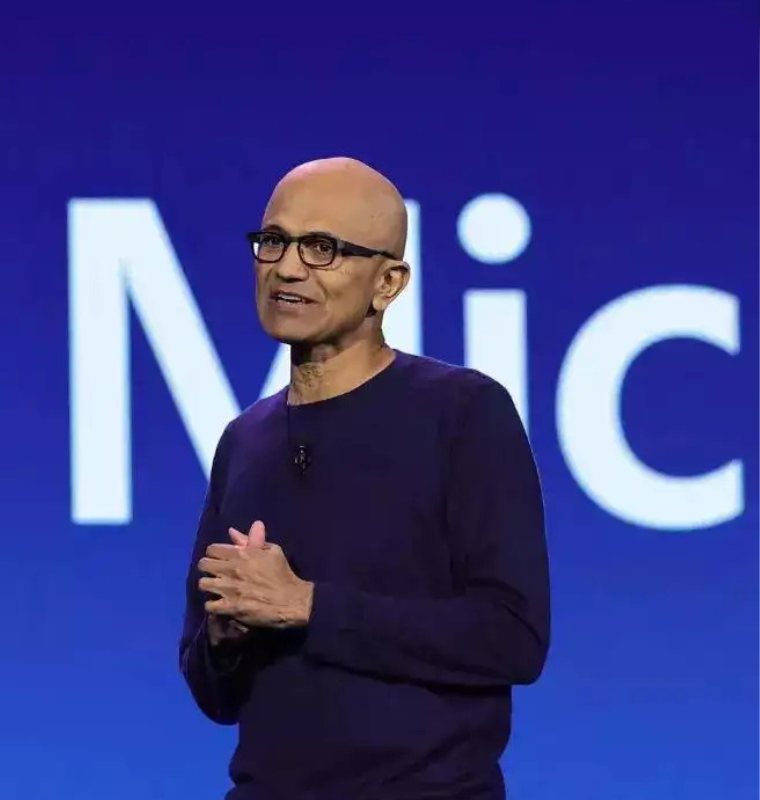Ray Dalio Urges Trump to Pursue a ‘Win-Win’ Trade Deal with China Amidst Shifting Tariff Policies
Ray Dalio Urges Trump to Pursue a ‘Win-Win’ Trade Deal with China Amidst Shifting Tariff Policies
By
Calder Monroe
Last updated:
April 10, 2025
First Published:
April 11, 2025

Source: Getty Images
A Temporary Pause That Could Set the Stage for Global Rebalancing
Billionaire investor and Bridgewater Associates founder Ray Dalio has called on former U.S. President Donald Trump to leverage the current pause in tariffs as a chance to pursue a more constructive trade deal with China—one that benefits both sides economically.
Trump’s recent decision to implement a 90-day suspension on certain country-specific tariffs—while still keeping steep 104% tariffs on Chinese imports—sparked market optimism and opened the door for potential recalibration in U.S. trade policy. Dalio reacted promptly via a post on X (formerly Twitter), noting that this is an ideal moment for all parties involved to rethink how global trade relationships are managed.
“There are better and worse ways to deal with our growing issues around unsustainable debt and trade imbalances,” Dalio wrote. “President Trump’s decision to pause is a step away from a harmful path, and I hope he does the same with China.”
Why Dalio Is Urging a “Win-Win” Strategy with China
Ray Dalio has been a consistent critic of aggressive unilateral tariff strategies, advocating instead for economic diplomacy. His central recommendation? Negotiate a trade deal with China that allows for a gradual appreciation of the Chinese yuan (RMB) against the U.S. dollar.
He believes this can be achieved through China reducing its holdings of U.S. dollar assets while simultaneously loosening domestic fiscal and monetary policies to spur internal demand—a win-win scenario where both nations stabilize their economies without triggering a trade war.
In a recent CNBC interview, Dalio acknowledged that Trump's concerns about the U.S. trade deficit are valid but warned that “blanket tariffs are a dangerous and inefficient solution.”
Mounting Debt, Looming Imbalances — A Bigger Economic Picture
Dalio’s warnings aren’t limited to tariffs. He’s increasingly vocal about America’s debt crisis, emphasizing the urgency of structural reform.
“One way or another, there will have to be major changes to the global debt and monetary systems to fix the ongoing issues with debt, trade, and capital imbalances,” he said.
The U.S. federal budget deficit crossed $1 trillion in early 2025, according to the Congressional Budget Office, placing severe strain on Treasury markets. Dalio has described the situation as a “supply-demand mismatch” for U.S. debt, asserting that “the world doesn’t have the appetite to buy the quantity of debt America is trying to sell.”
He also advised that the U.S. government should reduce its deficit to around 3% of GDP to avoid a looming crisis.
Stock Market Reacts — A Wake-Up Call for Investors
Markets responded positively to Trump’s decision to delay new tariffs, with the S&P 500 surging over 2.4% in a single day and global indices rebounding after weeks of volatility.
For Dalio, however, the stock market reaction is a signal—not a solution. He believes investors must take a hard look at their portfolio structures.
“This is a great time for investors to reconsider their risk exposure,” Dalio posted. “The market moves that spooked them will likely happen again—possibly worse.”
Dalio emphasized diversification and risk parity strategies, which are fundamental principles at Bridgewater Associates, the world’s largest hedge fund with over $150 billion in assets under management.
Global Reaction: More Than Just a U.S.-China Issue
Dalio’s remarks align with broader concerns voiced by economists and institutions like the International Monetary Fund (IMF), which has repeatedly cautioned that rising trade tensions between the U.S. and China could cost the global economy over $1 trillion in lost output if escalations continue.
China’s Ministry of Commerce issued a statement welcoming the 90-day tariff pause but insisted that any new agreement must be mutually respectful and benefit both nations. At the same time, European markets have been monitoring the situation closely, with EU leaders concerned about being caught in the crossfire of the world’s two largest economies.
A Critical Fork in the Road for U.S. Trade Policy
Ray Dalio’s call for a more balanced and cooperative approach couldn’t come at a more crucial time. As economic uncertainties grow—from inflation and interest rate hikes to ballooning debt and supply chain disruptions—the stakes of mishandling trade policy are higher than ever.
Trump’s latest move could either mark the beginning of a more diplomatic phase or just a temporary reprieve before further escalation. For now, the message from one of Wall Street’s most respected voices is clear: it’s time for smart, win-win solutions that go beyond political posturing.
Popular articles
Subscribe to unlock premium content
Inside the Hidden Empire Profiting from America's Most Vulnerable

The Future of Warfare: How Artificial Intelligence is Quietly Rewriting Military Power

The Future of Saudi Arabia: Building a Trillion-Dollar Vision in the Desert
.png)
Inside the Hidden Empire Profiting from America's Most Vulnerable

The Future of Warfare: How Artificial Intelligence is Quietly Rewriting Military Power

Inside the Hidden Empire Profiting from America's Most Vulnerable









